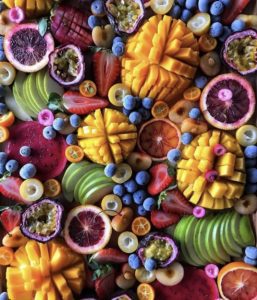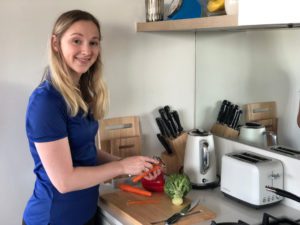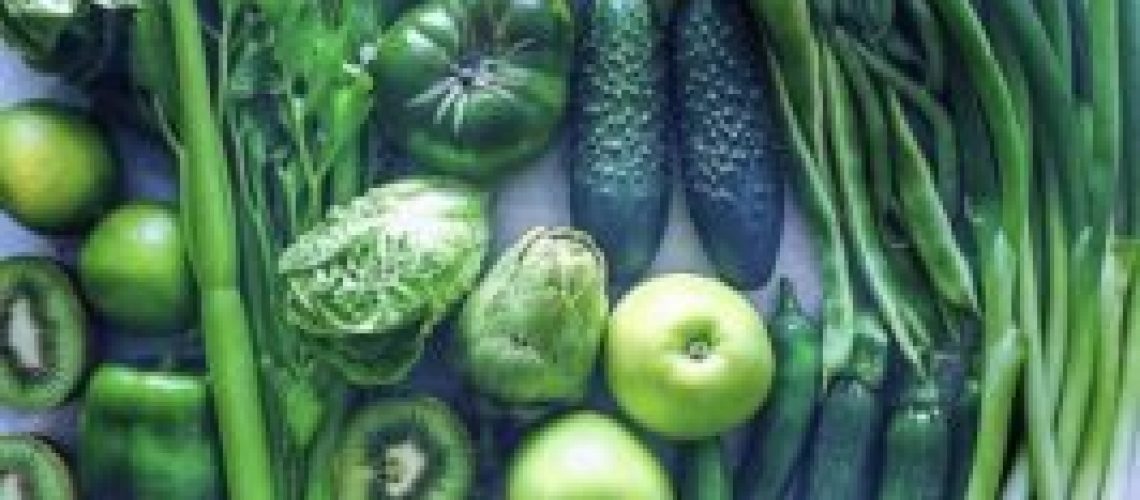Plant-based and vegan diets are becoming more and more popular each day. In fact, according to Google Trends, searches on the word ‘vegan’ have increased by almost 200% in the past 5 years. Some of the reasons are the rise in the awareness of animal welfare and the impact of our food on the environment but people are also ditching animal products as a way to improve their health.
The Benefits:
There is some research to show that vegan diets can reduce your risk of obesity, artery disease, high blood pressure, diabetes and some types of cancer. These benefits, however, depend on you having a well-balanced eating plan with enough nutrients.
The Risks:
As with any change in your eating habits it’s very easy to miss out on crucial vitamins and minerals when reducing the variety of foods that you eat. Meats, for example, are rich sources of protein, easily digestible iron and vitamin B12. Dairy products are also rich in vitamin B12 and contain high levels of calcium.
The side-effects of not getting enough nutrition when eating vegan could be:
- Fatigue
- Weight loss
- Heart palpitations
- Shortness of breath
- Vision loss
- Dizziness
- Depression
- Memory loss
- Tingling in hands and feet
- Muscle wasting
- Fluid build-up in the feet and ankles
- Brittle bones (although this is difficult to notice!)
 How to get enough:
How to get enough:
It is possible to get enough nutrition through a vegan diet but it does require a bit of thinking. It’s not enough to just remove meat and dairy from your day, you need to replace it with alternative vegan foods.
Vitamin B12
Adults should aim for 2-2.4µg of vitamin B12 per day. There aren’t many vegan foods that contain vitamin B12 but 250mL of a fortified plant milk (like SoGood or VitaSoy soy milk) will give you 1 µg. If you aren’t able to get enough through your vegan diet you should consider taking a supplement.
Calcium
To get enough calcium adults should aim for 840-1000mg per day. Women over 50 and men over 70 should aim for 1100-1300mg daily. Calcium deficiency can be hard to notice because it causes brittle bones which don’t show up in blood tests so make sure to get enough every day! Calcium is a bit easier to find in vegan foods, here are some examples:
| Food/drink | Portion size | Calcium (mg) |
| Tofu (prepared with calcium sulphate) | 150g | 300-500 |
| Calcium fortified plant milk | 1 cup | 300 |
| Soy yogurt | 175g | 250 |
| Spinach, cooked | ½ cup | 130 |
| Tahini | 2 tbs | 130 |
| Almonds | ¼ cup | 93 |
Iron
Most adults should aim for 6-8mg of iron daily but the requirements for young women can be much higher (8-18mg). Iron from meat products is much easier for the body to absorb than iron from plant foods. You can, however, improve the absorption of the iron in plants foods by eating them along with a food rich in vitamin C (like fruit or vegetables) and avoiding eating your iron-rich foods with bran, tea or coffee (these block absorption). Here are some high iron plant foods:
| Food/drink | Portion size | Iron (mg) |
| Tofu (prepared with calcium sulphate) | 150g | 7.8 |
| Chickpeas | 100g | 6.2 |
| Iron-fortified cereal (check the label for mineral(iron) ) | 30g | 3 |
| Cashews | ¼ cup | 2.5 |
| Spinach, cooked | ½ cup | 2.2 |
| Kidney beans | ½ cup | 2.1 |
| Almonds | ¼ cup | 1.8 |
| Wholemeal bread | 2 slices | 1.4 |
| Brown rice, cooked | 1 cup | 1 |
Protein
In general, most Australians get enough protein but meat products are more concentrated protein sources. As a rough guide you will need around 0.8-1g of protein per kg of your body weight each day. This number will vary a lot from person to person so if you want to know what is best for you, contact a dietitian. The following foods contain 10g of protein per serve:
- 4 slices (120 g) wholemeal bread
- 3 cups (90g) wholegrain cereal
- 2 cups (330g) cooked pasta
- 3 cups (400g) cooked rice
- 3/4 cup (150g) lentils or kidney beans
- 200g baked beans
- 120g tofu
- 60g nuts or seeds
- 300mL soy milk
 My advice:
My advice:
At the end of the day it is definitely possible to keep healthy and avoid nutrient deficiencies when eating vegan. My number one piece of advice would be to see your GP for regular blood tests to check that all of your vitamin levels are ok and check in with a dietitian if you are having trouble getting enough nutrition. Always remember that eating vegan is a personal choice, you don’t have to eat this way and you can also be perfectly healthy when eating animal products.

